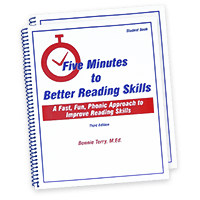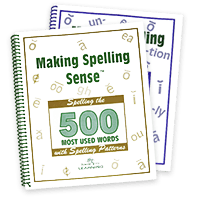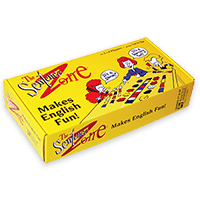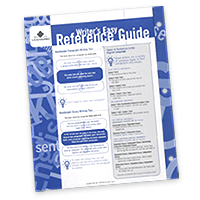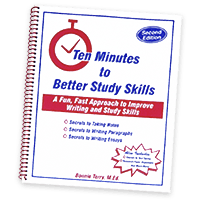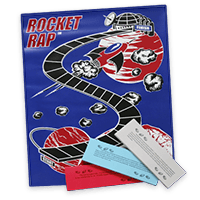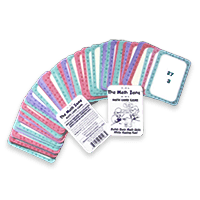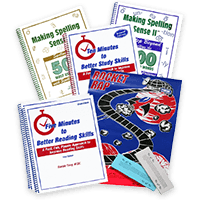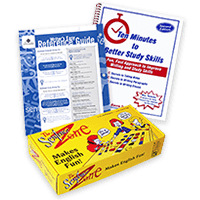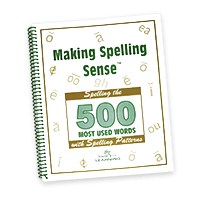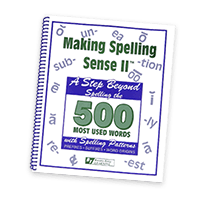[vc_row][vc_column][vc_column_text]
Neurons compensate for injury and disease.
Brain neurons adjust their activities according to new situations or changes in their environment. This means that even if you have a brain injury, you can still learn and recover language and movement skills. One of my clients (who was in her 60’s) had a stroke and was told she would never regain any cognition. I had her do a series of activities and exercises specifically working on the auditory and visual system. After several months of doing the exercises, she regained most of the memory and language she had lost. Her doctor was amazed. She was able to do this because of the science of neuroplasticity and neurogenesis.
Research from Stanford and the Salk Institute
Children, teens, and adults can learn with greater ease when they make new neural connections. Studies from Stanford University concur.
“Brain activity promotes brain reorganization. Even simple brain exercises such as presenting oneself with challenging intellectual environments, interacting in social situations, or getting involved in physical activities will boost the general growth of connections.”
Researchers at the Salk Institute in San Diego in 1999 discovered the neurogenesis (the process of producing neurons) still occurs in the brains of adults. New neurons were found over and over and over again. The research indicates that new neurons may be formed and integrated into the existing web of neural pathways throughout life.[/vc_column_text][/vc_column][/vc_row]
